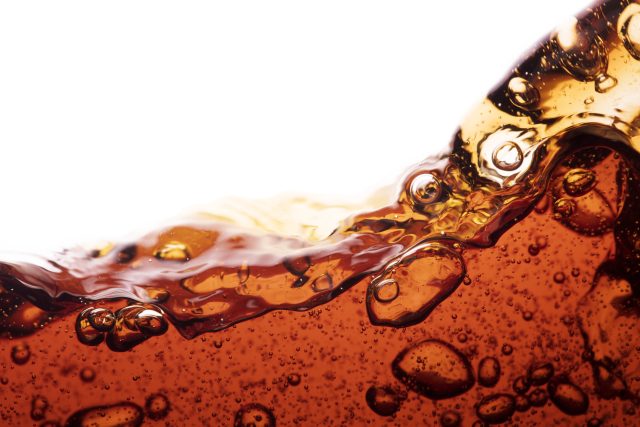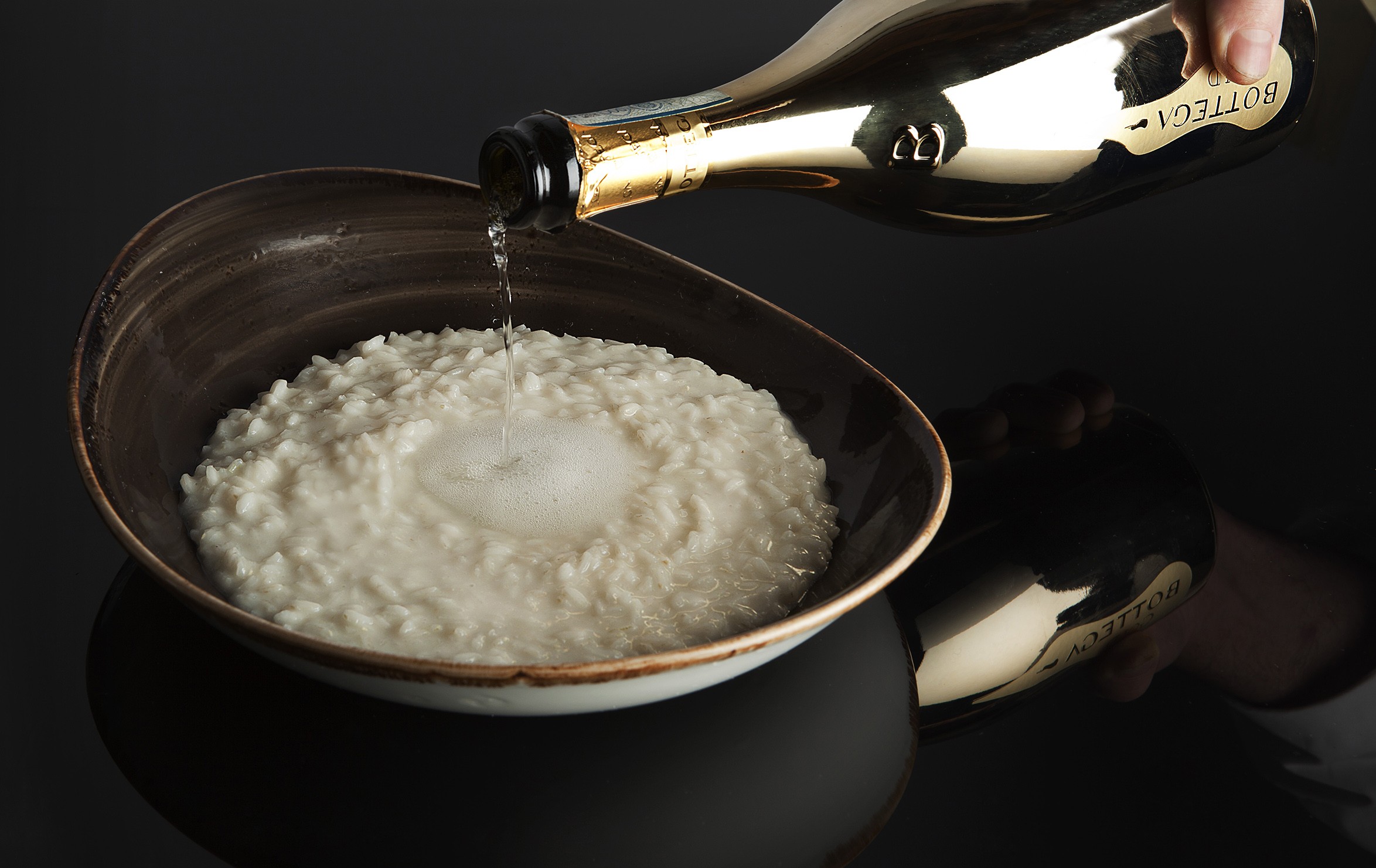How Sudan’s war could affect global fizzy drink supply
The supply chain for gum arabic, an essential raw ingredient used in many drinks, will be “severely affected” if Sudan’s civil war continues.

The ingredient, which is made from sap from Sudan’s Acacia senegal trees, acts as an emulsifying, stabilising and separating agent in many products including fizzy drinks, confectionery, cosmetics and medicine.
Currently, according to AL-Monitor, Sudan is the source of around 70% of the world’s supply of gum arabic and yet its civil war, which began in April, is having a knock on effect on the supply chain.
Without gum arabic, all the sugar in carbonated soft drinks would sink and crystallise and, although there are gum arabic replacements for products like cosmetics and printing inks, there is no substitute product for fizzy drinks.
Osama Idris, a general manager at gum arabic supplier Marouj Commodities said: “Most of the gum manufacturers and distributors in Europe and other countries, including Morouj UK, have stock of gum acacia that will last for a few months. The concern is if this war continues, the supply chain of gum acacia will be severely affected.”
Idris explained: “The good news is that Port Sudan is open, but the concern is how to bring the gum to the port, as most of gum acacia factories — where the gum is cleaned, sorted, kibbled, or granulated and packed — are in Khartoum [and] currently, none of these factories are operating due to the fighting and the risk for their laborers’ lives.”
In Sudan, suppliers from the company Agrigum are reportedly ground to a halt with no access to power, and limited water and food, while some are now being evacuated to neighbouring countries for their own safety.
Partner Content
Dani Haddad, marketing and development director at Agrigum revealed: “This has caused knock-on effects, which means there is no processing of gum arabic as there is no one to process it or even the electricity to run the machines. To export gum, it needs to be processed from lump form to kibbled, i.e., hammered into smaller pieces, then bagged and containerized for shipping from Port Sudan.”
Haddad pointed out that “so far, this situation has created a shock to the supply chain, and all companies involved in gum arabic are hoping that there is a swift resolution to the conflict so that the country can get back to some form of normal and people are fed and able to work and look after their families.”
Idris added: “If the fighting continues beyond October when the acacia trees need tapping to exude the gum, the yield of the next gum crop will be negatively impacted.”
Idris also admitted that he was concerned that many of the gum arabic farmers, including all of the tappers and collectors who live in the area of West Sudan, have potentially already fled the area.
Global swift drink suppliers including the Coca-Cola Company and PepsiCo were contacted by the drinks business, but have so far stayed silent on gum arabic stocks as well as their plans should supplies wane. According to Reuters, drinks companies keep between three to six months’ worth of gum arabic stockpiled to avoid running out, however if the conflicts continue until the at least the end of the year, the situation could worsen for the industry.
The Sudan civil war and the threat on gum arabic follows earlier challenges for the country’s raw ingredient after hotter weather due to climate change had already caused water scarcity in areas dense with acacia trees.
Now, with the country locked into further disruption, being able to tap the trees or process the sap has become even more challenging.
Related news
Fever-Tree shows 'subdued' results but still sees growth in the US




